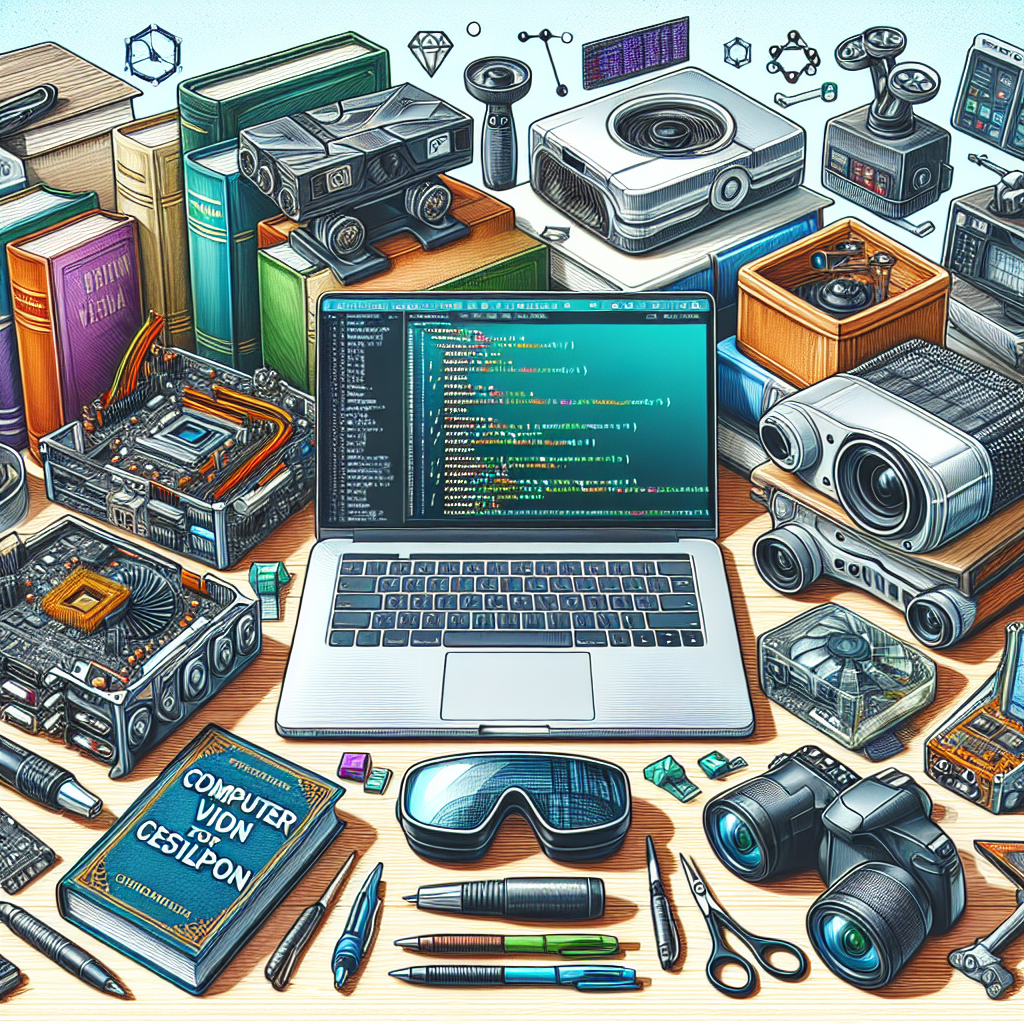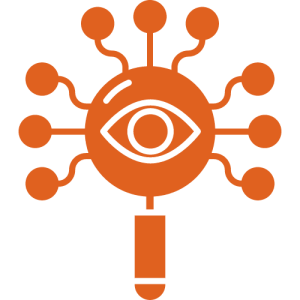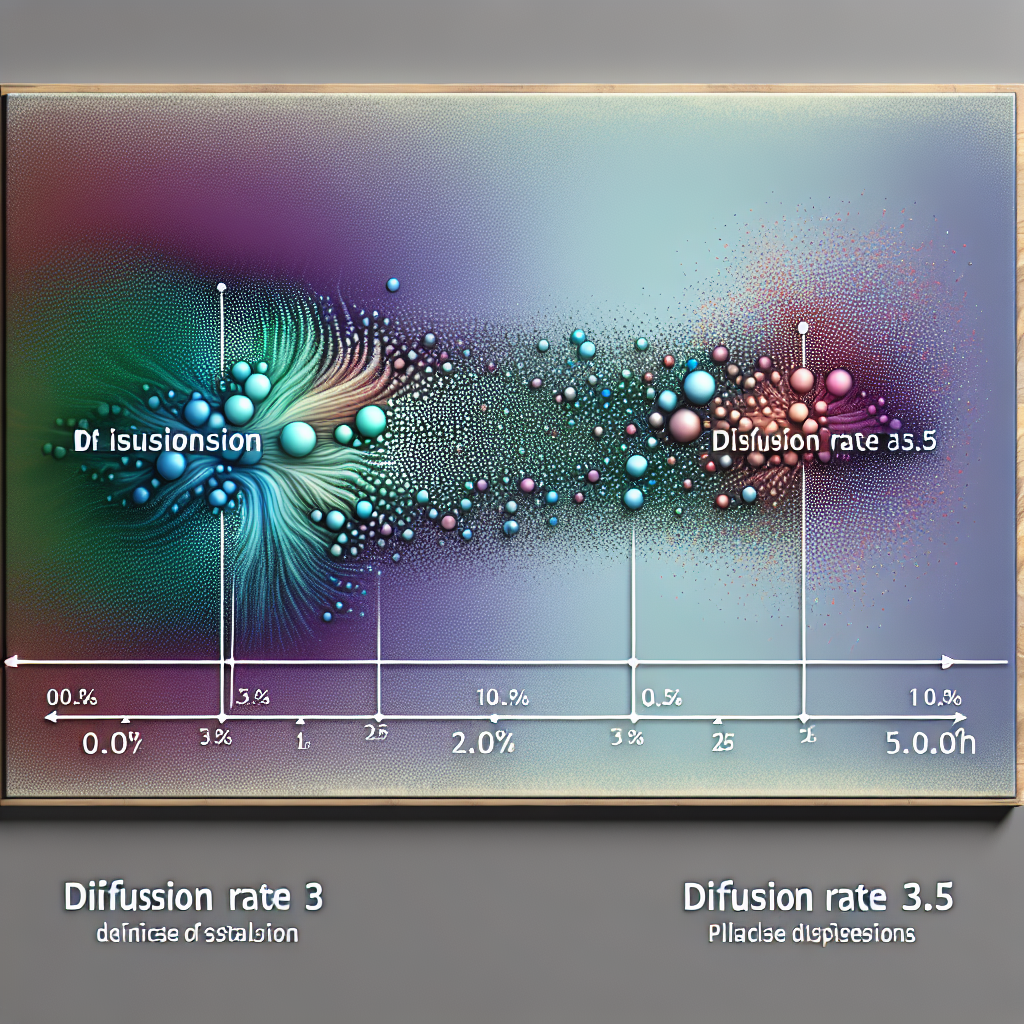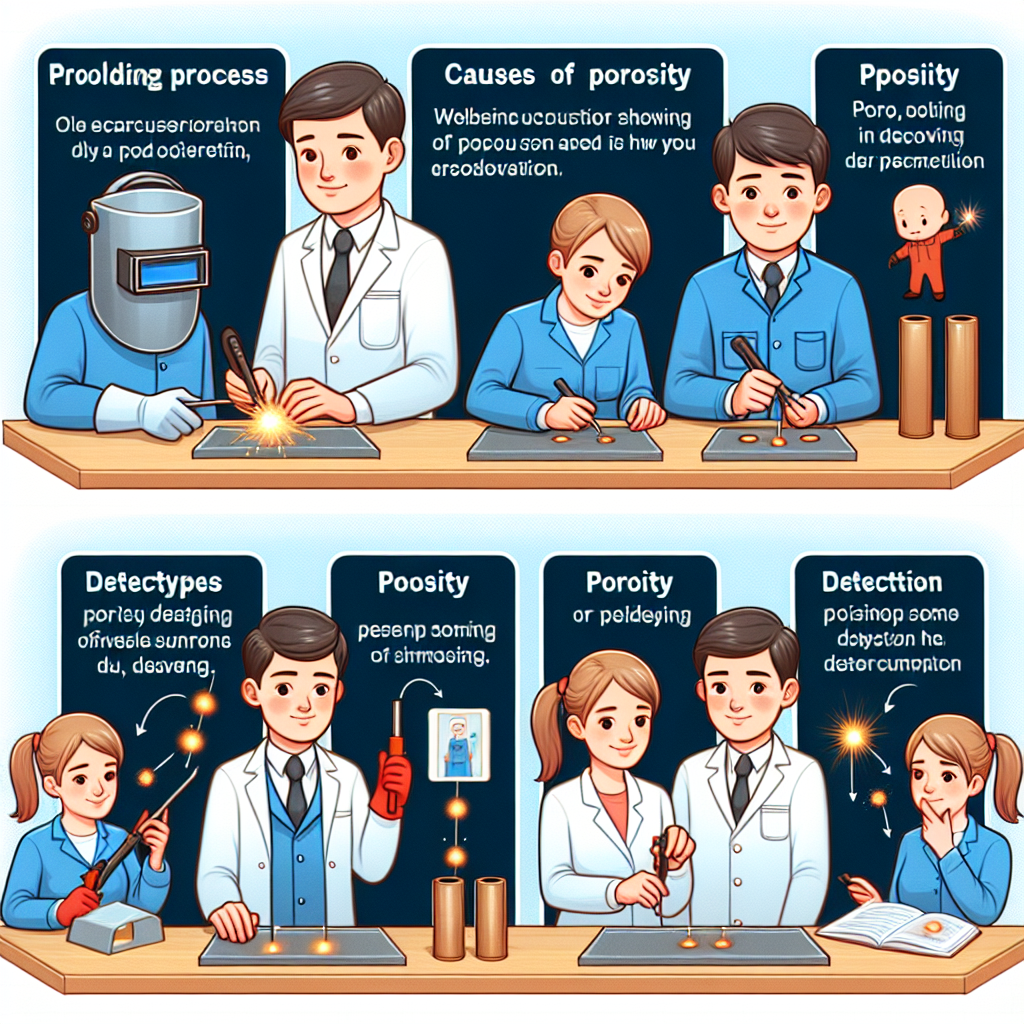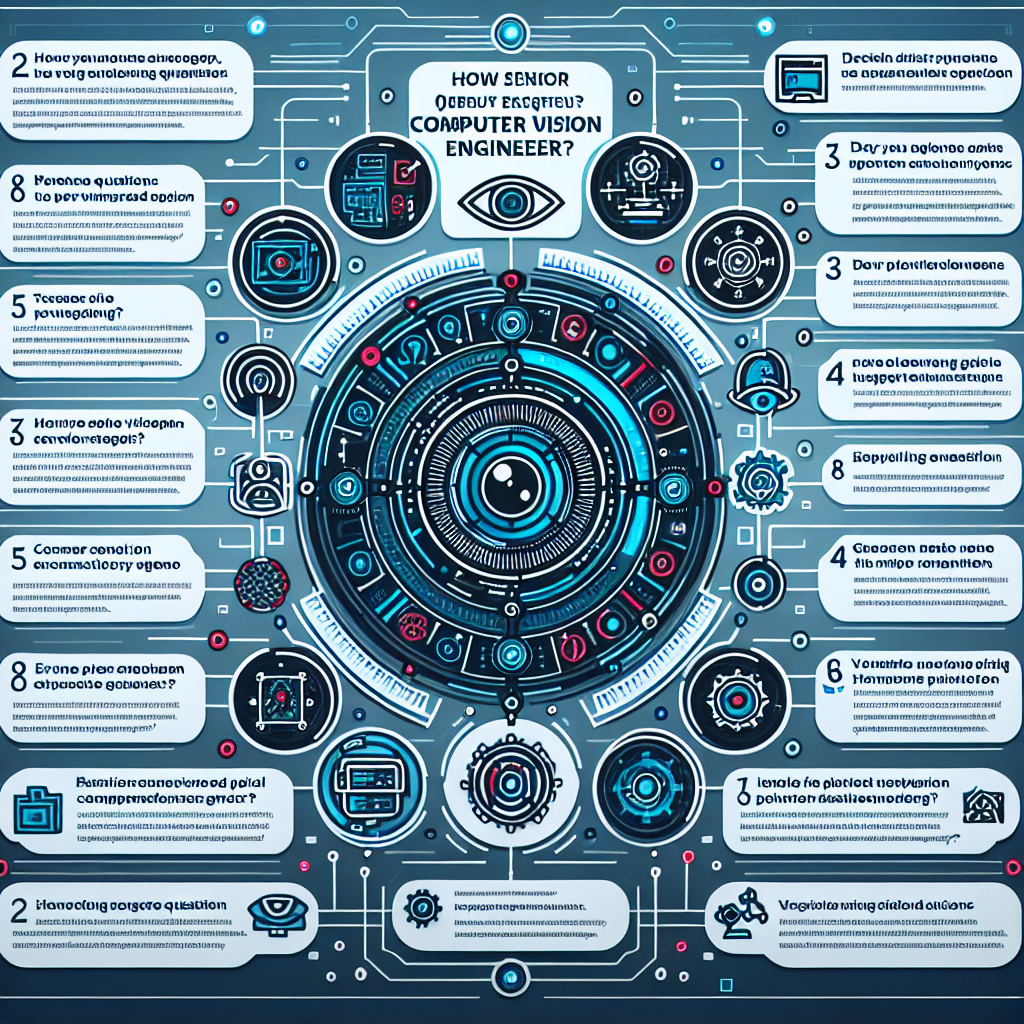Must-Have Tools for Computer Vision Developers: A Comprehensive Guide
Must-Have Tools for Computer Vision Developers: A Comprehensive Guide
Introduction
Computer vision is a rapidly growing field with applications in various industries. To excel as a computer vision developer, it is essential to have the right tools at your disposal. This comprehensive guide will highlight the must-have tools for computer vision developers, providing key insights to enhance your development process.
1. OpenCV
OpenCV is a popular open-source computer vision library that provides a wide range of functions and algorithms. It offers support for image and video processing, object detection, and machine learning. With its extensive documentation and active community, OpenCV is a must-have tool for any computer vision developer.
2. TensorFlow
TensorFlow is a powerful machine learning framework that includes a dedicated module for computer vision tasks. It provides pre-trained models, such as Inception and MobileNet, which can be fine-tuned for specific applications. TensorFlow’s flexibility and scalability make it an indispensable tool for computer vision developers.
3. PyTorch
PyTorch is another popular deep learning framework that offers excellent support for computer vision tasks. It provides dynamic computational graphs, making it easier to build and train complex models. PyTorch’s intuitive interface and extensive community support make it a valuable tool for computer vision developers.
4. CUDA
CUDA is a parallel computing platform and API that enables developers to harness the power of GPUs for accelerated computing. It is particularly useful for computationally intensive computer vision tasks, such as image recognition and segmentation. CUDA’s ability to leverage GPU resources can significantly speed up the development and deployment of computer vision applications.
5. Jupyter Notebook
Jupyter Notebook is an interactive development environment that allows developers to create and share documents containing live code, equations, visualizations, and narrative text. It is an excellent tool for prototyping and experimenting with computer vision algorithms. Jupyter Notebook’s versatility and ease of use make it a valuable asset for computer vision developers.
Summary
Computer vision developers need a comprehensive set of tools to excel in their field. OpenCV provides a wide range of functions and algorithms, while TensorFlow and PyTorch offer powerful machine learning frameworks. CUDA enables developers to leverage GPU resources for accelerated computing, and Jupyter Notebook provides an interactive environment for prototyping and experimentation. By utilizing these must-have tools, computer vision developers can enhance their development process and create innovative applications in various industries.

